Track my order
blog
Shipping Containers vs. Storage Sheds: Choosing the Perfect Storage Solution


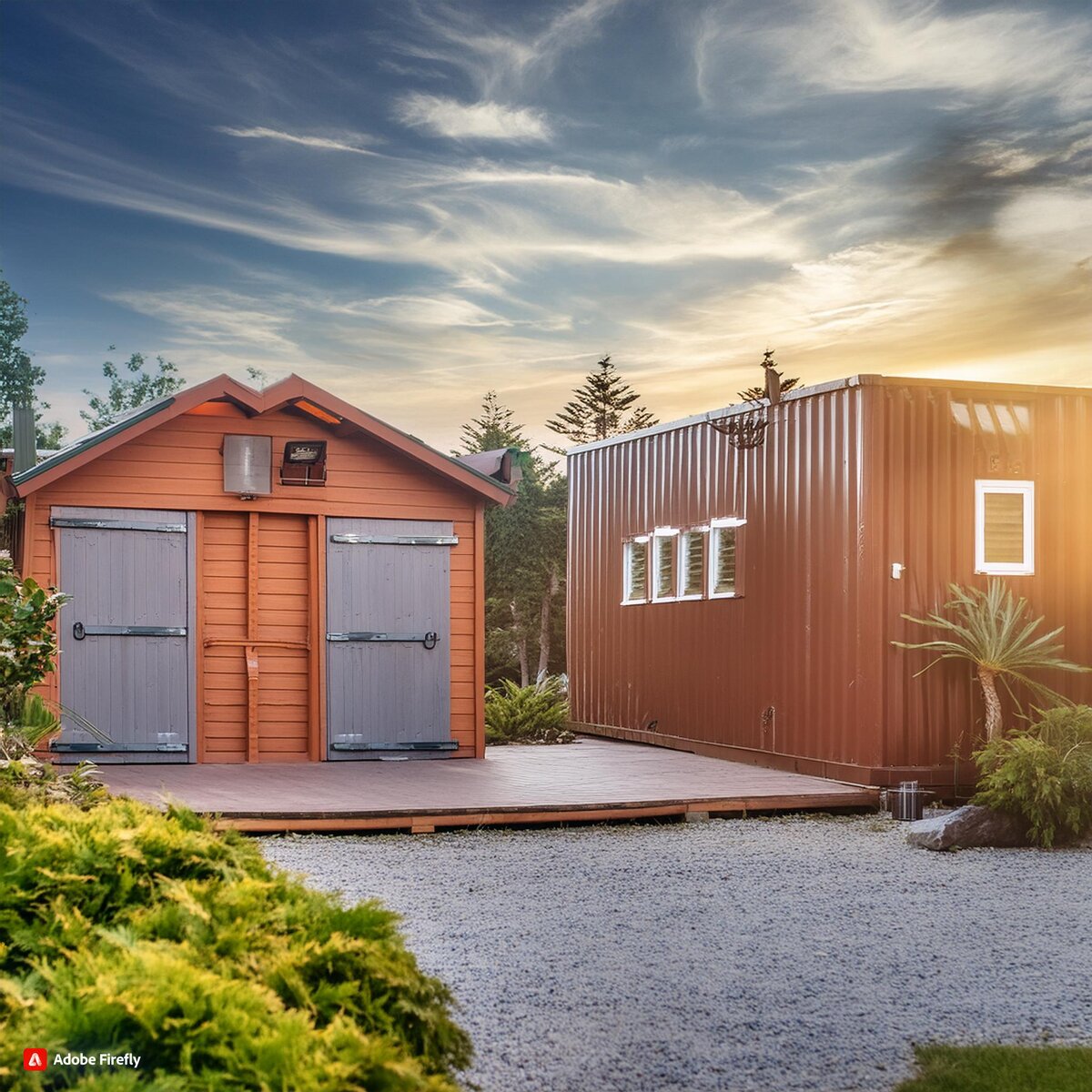
Considering adding extra storage to your property? Choosing between shipping containers and storage sheds can be challenging. Both options offer unique advantages, but understanding their differences can help you make the right decision for your needs. In this blog, we will compare shipping containers and storage sheds across several key factors to help you determine which option is best for you. Additionally, we'll explore the diverse range of items you can store in shipping containers, making them a versatile choice for many storage needs.
1. Durability and Security
Shipping Containers
• Built to Last: Originally designed to withstand the harsh conditions of ocean travel, shipping containers are incredibly durable. They are made of strong steel and can resist extreme weather, pests, and physical damage.
• High Security: The robust construction of shipping containers makes them highly secure. With proper locks, they provide excellent protection against theft and vandalism.
Storage Sheds
• Variable Durability: The durability of a storage shed largely depends on the materials used. Metal sheds offer good durability, while wooden sheds might require more maintenance to stay in good condition.
• Security Concerns: Storage sheds can be secure, but they typically don’t match the security level of shipping containers. The materials and construction make them more vulnerable to break-ins.
2. Cost and Value
Shipping Containers
• Upfront Investment: Shipping containers might have a higher initial cost compared to basic storage sheds, but they offer significant long-term value due to their durability and low maintenance needs.
• Minimal Maintenance: Once placed, shipping containers require little upkeep, saving you money and effort over time.
• Resale Value: Shipping containers often retain a good resale value. Their durability and continued demand mean that you can often recoup a significant portion of your initial investment if you decide to sell the container later.
Storage Sheds
• Affordable Options: Storage sheds can be cheaper initially, especially if you choose simpler, less durable models.
• Ongoing Maintenance: Depending on the materials, sheds might need regular maintenance, including painting, repairs, and pest control, which can add to the long-term costs.
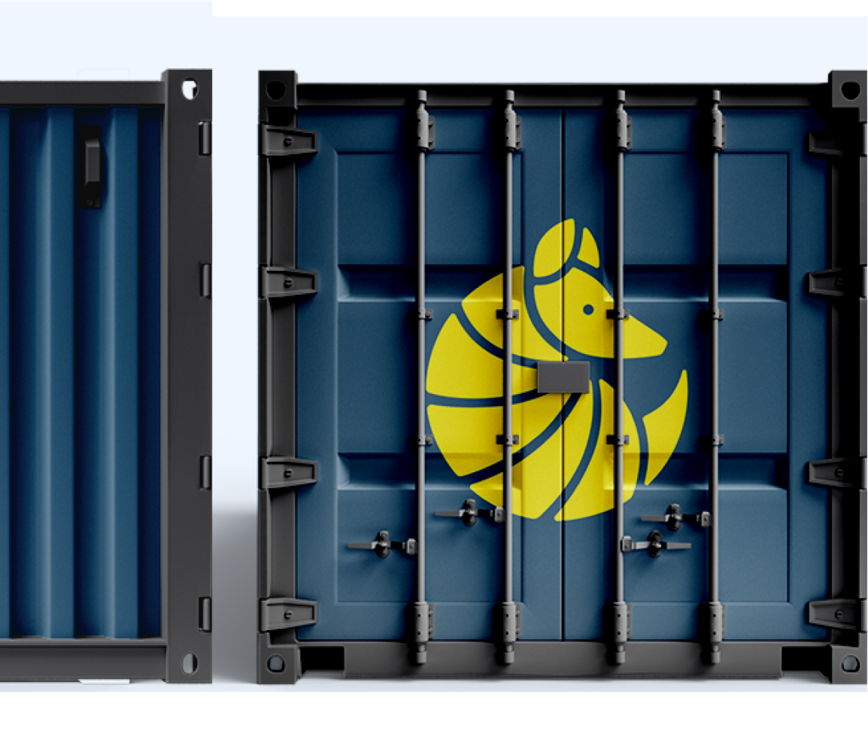
3. Customization and Flexibility
Shipping Containers
• Versatile Modifications: Shipping containers are highly customizable. You can add windows, doors, electrical outlets, and insulation, tailoring them to your specific needs.
• Flexible Use: Beyond storage, shipping containers can be repurposed for various uses such as workshops, she-sheds or even guest rooms.
Storage Sheds
• Simple Customization: Sheds also offer customization options, but they are typically less versatile than shipping containers. Modifying a shed usually involves basic additions like shelving or insulation.
• Primary Use: Sheds are primarily designed for storage, and while they can be adapted for other uses, they don’t offer the same level of flexibility as shipping containers.
4. Ease of Installation
Shipping Containers
• Quick Setup: Shipping containers can be delivered and set up relatively quickly. They require a level surface and sufficient space for placement.
• Minimal Foundation Work: Typically, containers don't need extensive foundation work, making the installation process straightforward.
Storage Sheds
• DIY Friendly: Many storage sheds are designed for easy assembly and can be built by homeowners over a weekend.
• Foundation Requirements: Sheds usually require a prepared foundation, such as a concrete slab or wooden platform, which adds time and effort to the installation process.
Shipping Container Storage Capacity
Standard Shipping Containers
20ft Containers: Ideal for household storage, small business inventory, and tool storage. You can store items such as:
• Seasonal decorations
• Lawnmowers and gardening equipment
• Bicycles and outdoor gear
• Small furniture
• Workshop tools
40ft Containers: Suitable for larger items and more extensive storage needs. These can accommodate:
• Larger equipment and machinery
• Small business inventory
• Construction materials
• Large household furniture
• Multiple motorcycles or ATVs
40ft High Cube Containers: Offering extra height for bulkier items, these containers are perfect for:
• Oversized furniture
• Tall equipment and tools that require more vertical space
• Palletized goods
Specialty Shipping Containers
• Reefer Containers: These refrigerated containers are perfect for storing items that need temperature control, such as perishable food items, pharmaceuticals and temperature-sensitive inventory for small businesses
• Double-Door Containers: With doors at both ends, these containers offer easy access and are ideal for storing equipment and tools that need to be accessed from either end
• Side-Door Containers: Featuring side doors for full side access, these containers are suitable for storing items that need frequent access as well as large equipment that is difficult to load from the end
• Open-Side Containers: Open-side containers, not to be confused with side-door containers, have bi-fold doors that open the entire side, making them ideal for storing oversized equipment and machinery.
Choosing the Perfect Storage Solution
Choosing between a shipping container and a storage shed for your extra storage needs depends on various factors, including durability, cost, customization, installation ease, environmental impact, and potential resale value.
Shipping containers are an excellent choice if you prioritize durability, security, and long-term value. Use your shipping container as-is or modify it with windows to allow for natural light, shelving to maximize storage space, and doors for easy accessibility. Additionally, the vast range of items you can store—from personal belongings to large business inventory—makes them a highly flexible storage solution.
Storage sheds might be more suitable if you're looking for an affordable, DIY-friendly solution with basic customization needs. However, be prepared for ongoing maintenance and consider the potential need for replacement in the future, as well as the typically lower resale value compared to shipping containers.
Ultimately, both options can serve your storage needs effectively. Evaluate your priorities and budget to make the best decision for your home property. For high-quality shipping containers that meet your storage requirements, visit Boxhub and explore our range of options today!

About Nina Barango
Nina Barango is an experienced content marketer and container expert with a proven track record in the tech and logistics industry. Having worked with various startups and SMEs, she bridges the world of marketing, tech and shipping containers. When she's not creating content that'll revolutionize global container trade, you can find Nina reading a book or mastering her video editing skills.
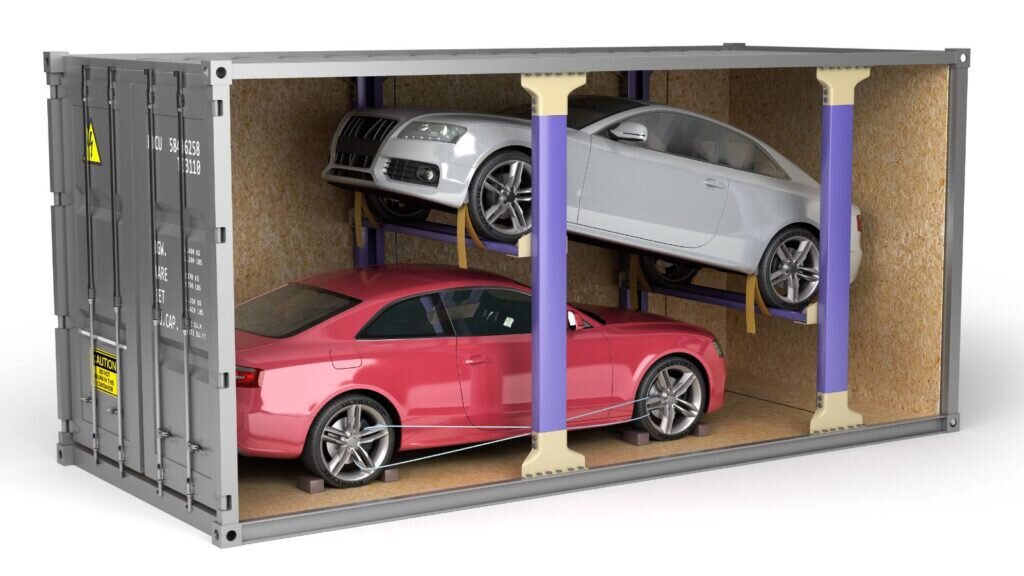

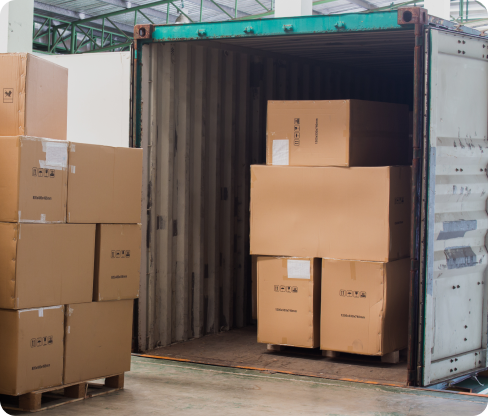

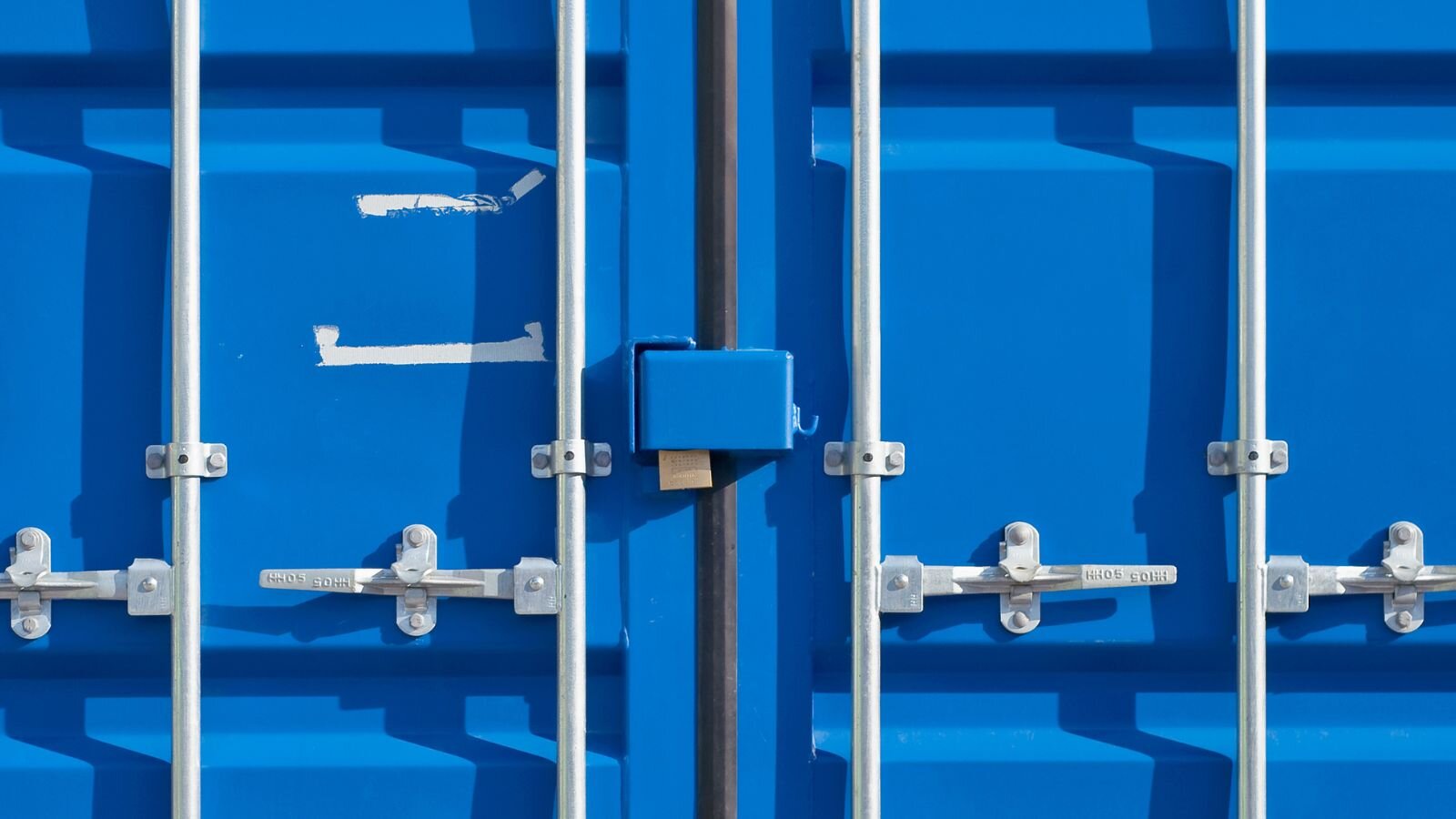


Continue Shopping
Loading cart